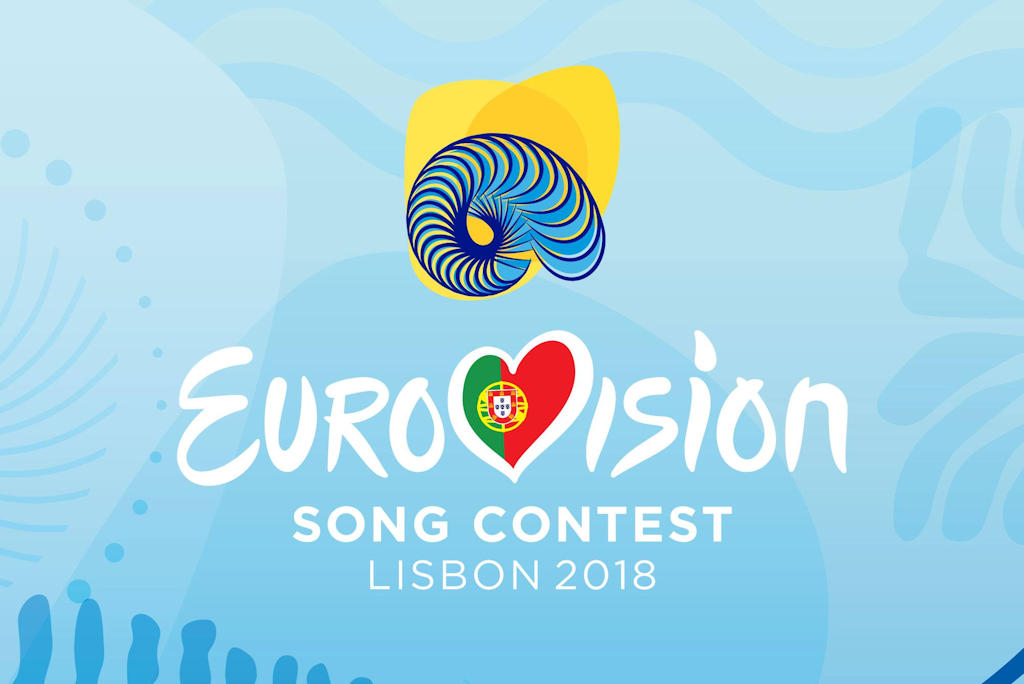- Albania - Eugent Bushpepa
- Armenia - Sevak Khanagyan
- Australia - Jessica Mauboy
- Austria - Cesár Sampson
- Azerbaijan - Aisel
- Belarus - Alekseev
- Belgium - Sennek
- Bulgaria - Equinox
- Croatia - Franka
- Cyprus - Eleni Foureira
- Czech Republic - Mikolas Josef
- Denmark - Rasmussen
- Estonia - Elina Nechayeva
- Finland - Saara Aalto
- France - Madame Monsieur
- Georgia - Iriao
- Germany - Michael Schulte
- Greece - Yianna Terzi
- Hungary - AWS
- Iceland - Ari Ólafsson
- Ireland - Ryan O'Shaughnessy
- Israel - Netta
- Italy - Ermal Meta & Fabrizio Moro
- Latvia - Laura Rizzotto
- Lithuania - Ieva Zasimauskaitė
- Malta - Christabelle
- Moldova - DoReDos
- Montenegro - Vanja Radovanović
- Netherlands - Waylon
- North Macedonia - Eye Cue
- Norway - Alexander Rybak
- Poland - Gromee feat. Lukas Meijer
- Portugal - Cláudia Pascoal
- Romania - The Humans
- Russia - Julia Samoylova
- San Marino - Jessika feat. Jenifer Brening
- Serbia - Sanja Ilić & Balkanika
- Slovenia - Lea Sirk
- Spain - Alfred & Amaia
- Sweden - Benjamin Ingrosso
- Switzerland - Zibbz
- Ukraine - Mélovin
- United Kingdom - SuRie
Lisbon.vip Recommends
- Israel: Netta Barzilai from Israel emerged as the winner with her empowering song "Toy." Her energetic performance, combined with the catchy chorus and memorable staging, captured the hearts of both the jury and the public, propelling Israel to the coveted first place.
- Southern Cyprus: Eleni Foureira represented Southern Cyprus with her infectious pop anthem "Fuego." Her electrifying stage presence and powerful vocals secured a well-deserved second place, showcasing the country's prowess in delivering captivating performances.
- Austria: Austria impressed with Cesár Sampson's soulful ballad "Nobody but You." His heartfelt performance and exceptional vocal range earned the country a commendable third place, reflecting the country's dedication to musical excellence.
- Germany: Michael Schulte from Germany touched hearts with his emotional ballad "You Let Me Walk Alone." His heartfelt tribute to his late father resonated with the audience, securing a respectable fourth place for Germany.
- Italy: Italy showcased their musical artistry with Ermal Meta and Fabrizio Moro's powerful duet "Non mi avete fatto niente." Their heartfelt performance addressing societal issues resonated with viewers, securing Italy a spot in the top five.
Lisbon's hosting of Eurovision 2018 not only celebrated the participating countries' musical talents but also showcased Portugal's rich cultural heritage and vibrant hospitality. The city's stunning venues, including the Altice Arena, provided a captivating backdrop for the performances, creating an immersive experience for both the live audience and viewers at home.
The Eurovision Song Contest is more than just a musical competition; it's a celebration of unity, diversity, and the power of music to bring people together. Lisbon's hosting of Eurovision 2018 showcased the immense talent and creativity of participating countries, fostering a sense of camaraderie and cultural exchange.
In conclusion, Lisbon's hosting of the Eurovision Song Contest in 2018 was a testament to the city's ability to unite nations through music and provide an unforgettable platform for artists from across Europe and beyond. The contest not only highlighted the participating countries' musical prowess but also celebrated the spirit of creativity, diversity, and unity that Eurovision embodies.



